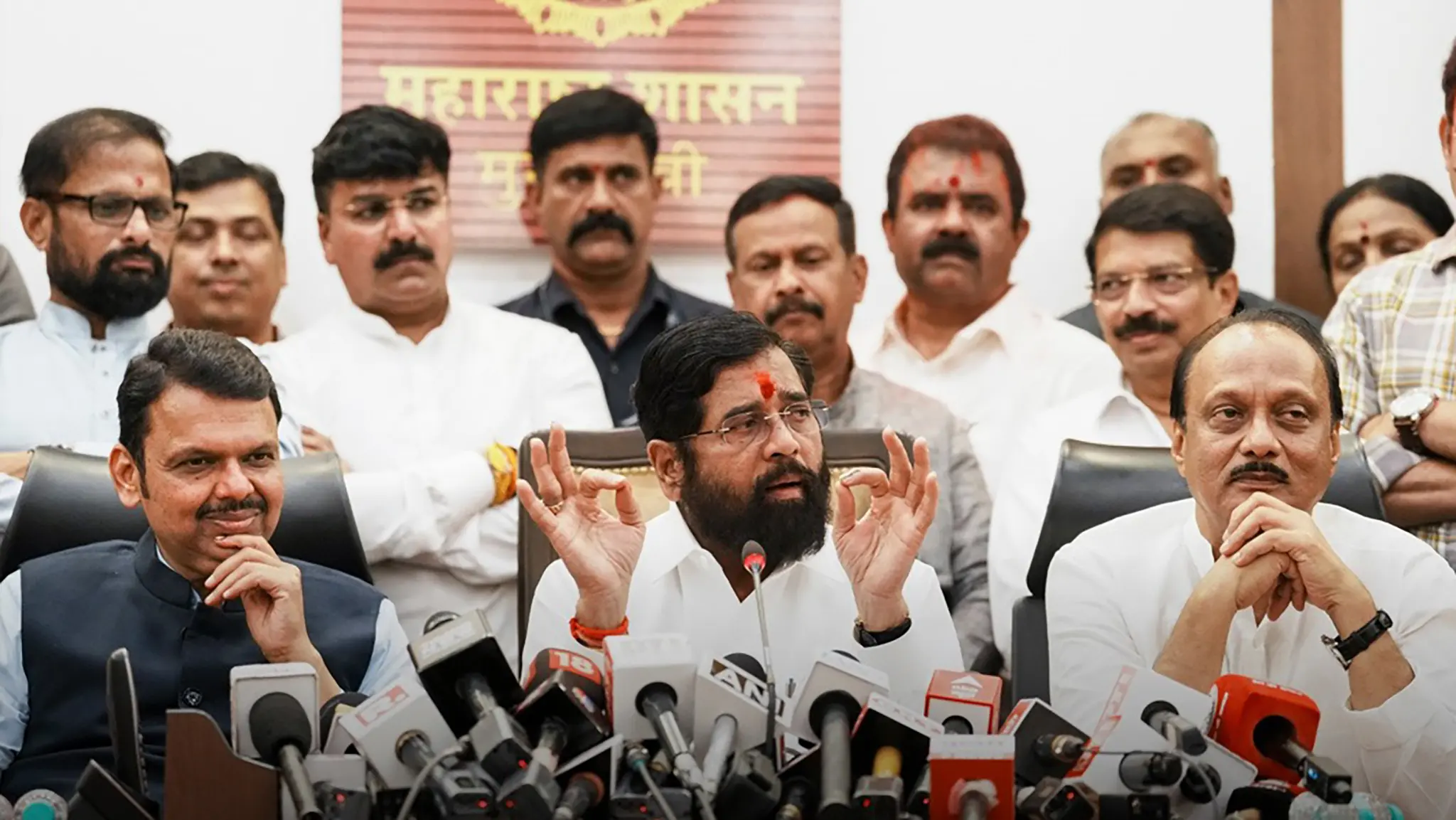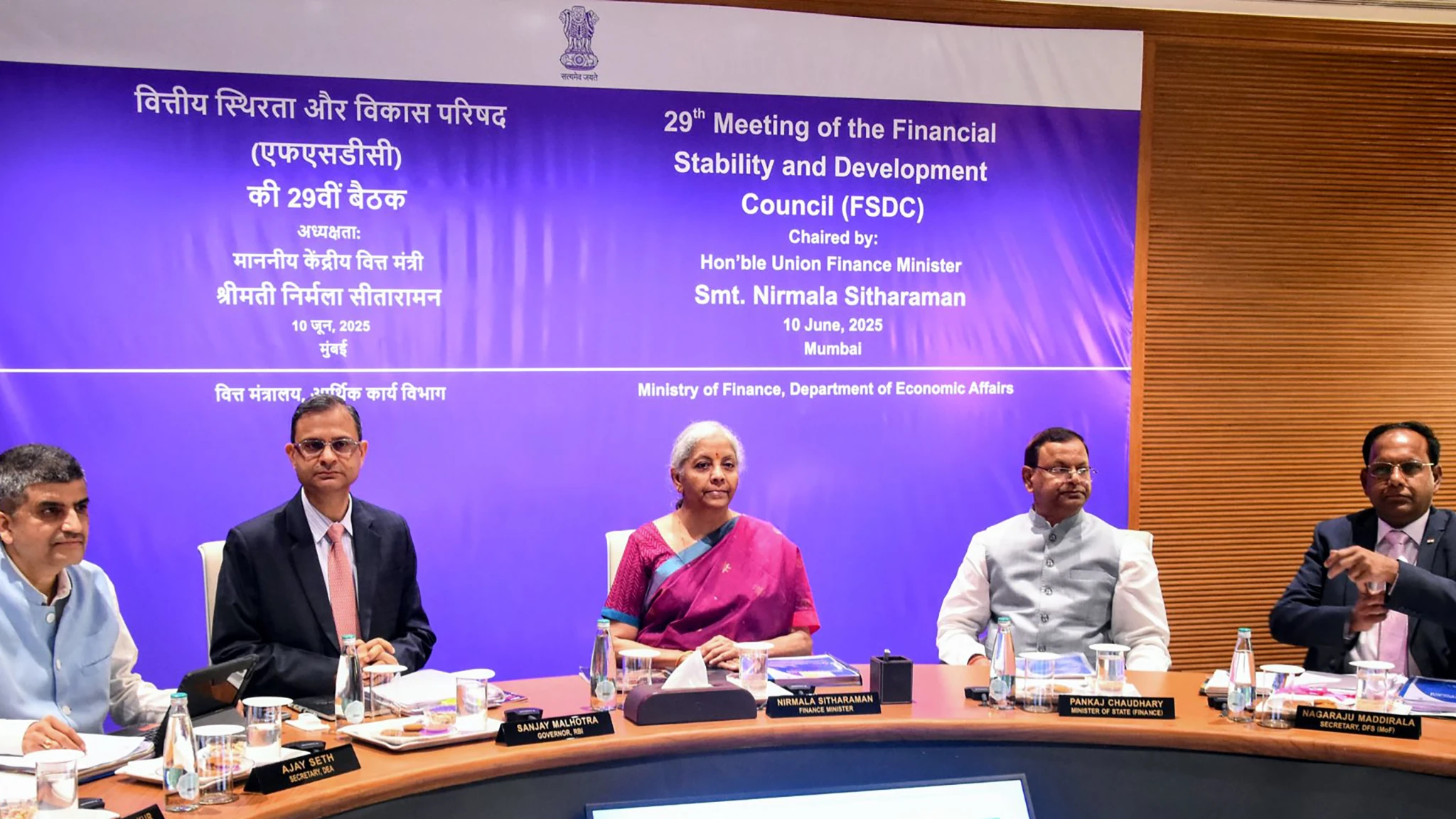26 November, 2024
Indian stock markets have showcased a spirited rally in response to the BJP-led Mahayuti alliance’s win in Maharashtra. The question remains whether this surge is a durable trend or merely a fleeting, knee-jerk reaction. At the time of writing, benchmark indices were up by over 1 percent, settling slightly below the day’s peak. This Monday’s uptick follows a robust 2.3 percent rally on Friday, largely fuelled by exit poll predictions favouring a BJP victory.
Market Jubilation or Knee-Jerk Reaction?
The overnight shift in market sentiment is not solely attributable to the electoral outcome. It also hints at an anticipated upswing in government expenditure over the medium term. In the first half of FY25, overall government spending remained stagnant year-on-year, with capital expenditure notably down by 17 percent. A note from Motilal Oswal suggests that the election results have provided clarity on the government’s direction, likely paving the way for increased spending in the latter half of fiscal 2025. Given Maharashtra’s significance as a major industrial state, contributing about 10 percent to India’s GDP, there is potential to galvanise capital expenditure.
The Freebies Question Mark
However, concerns linger about the state’s fiscal capacity. Maharashtra has witnessed a decline in various development indicators over the past five years, exacerbated by political instability. This, coupled with numerous populist schemes, leaves limited fiscal headroom for new projects. Experts point to schemes like the Mukhyamantri Mazhi Ladki Bahin Yojana, offering Rs 2,100 monthly to women, as a key factor in the electoral success. Emkay Global estimates that poll promises could inflate the annual budget by 40 percent, adding substantially to state expenditure. While the market seems to be celebrating anticipated higher government spending, it appears to be overlooking the financial burden on the state exchequer. The sustainability of ‘freebies’ is once again under scrutiny, echoing concerns raised by Union Finance Minister Nirmala Sitharaman during the Telangana state elections about unrealistic promises and fiscal viability. Ultimately, it is the common citizen who bears the brunt of underdevelopment or increased taxes to fund these programmes.
Lessons from Budding Investors
While the electoral victory has undoubtedly boosted market sentiment, its long-term impact remains uncertain. In the short-term, Foreign Institutional Investor (FII) withdrawals from Indian markets present a more immediate challenge. State election outcomes are unlikely to sway these investors; instead, rising US bond yields are a persistent worry. Unless this trend reverses, continued withdrawals are probable. FIIs, while net sellers in cash markets, have begun unwinding short positions in derivatives. As monthly expiry approaches, market direction will hinge on FII decisions regarding these positions. Interestingly, in contrast to these market uncertainties, students from LSU and Washington State University (WSU) have demonstrated exceptional financial acumen in global investment challenges. Their success underscores the value of practical financial skills and strategic thinking, qualities that seem crucial for navigating the complexities of market euphoria and fiscal realities. These budding investors, through hands-on experience, learn the importance of sound financial principles, a lesson that policymakers and markets alike should heed.
Will the current market rally translate into sustained growth, or will fiscal constraints and global headwinds apply a reality check? The long-term trajectory will depend on a delicate balance between political populism and fiscal prudence. For now, markets celebrate, but the real test of economic resilience lies ahead.
Image Courtesy: x (ABPLive)










Leave a Reply